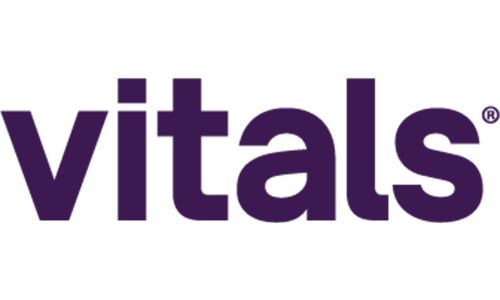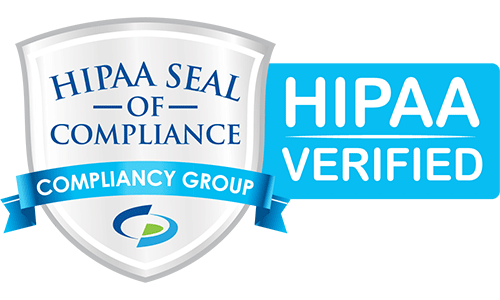Top 5 Reputation Management Tips for Healthcare Professionals
September 21, 2021
As a healthcare provider, what is your first impression when looking up your practice or name online? Is it a good one?
More and more patients are turning to the internet to find their healthcare providers, with 94% of patients using reviews
to evaluate providers. Healthcare professionals need to maintain a positive online reputation to make sure you don’t lose out on people who could benefit from your services.
Here are some ways you can employ the best reputation management practices to attract more patients.
1. Accumulate Positive Reviews
Patients use online reviews as a way to choose their next doctor, and if you’ve got several negative reviews, it tarnishes your image online. Having positive reviews
on different sites will help you control your online reputation and promote a good image. Remember that your patients aren't just rating you, they are also rating your clinic.
You can collect more positive reviews simply by providing your patients with positive experiences and encouraging them to share them online. An easy review submission process will make this even more effective.
2. Optimize Your Online Presence
Managing your online reviews is the first step, but there’s more to your online presence than just reviews. Making sure that your listings are correct and updated will improve your search engine rankings and make sure that your patients are seeing the right information.
Make sure your online presence is built with good reviews and ratings across all review platforms, not just one.
3. Respond to Reviews
53% of people expect a response
to a negative review within a week. Responding to reviews gives healthcare providers two critical opportunities—they can connect and build relationships with happy customers, and help address the concerns of unhappy customers. Responding to reviews also shows future patients that your medical practice is credible and cares about its patients. But make sure the responses do not violate HIPAA regulations by not describing any details. Encourage anyone leaving negative reviews contact your office to resolve the situation.
By making sure you respond to as many reviews as possible in a timely and courteous manner, you can not only increase your chances of more positive reviews but might also turn a negative review into a positive one.
4. Utilize Social Media
Social media is a good place to understand patient concerns and opinions, as well as to reach new patients. Many people use social media to leave reviews or ask questions, so making sure you have social media pages that are regularly updated will help you connect more with your patients.
Through social media, you can also monitor the most relevant feedback your patients have, from keywords, conversations, and engagement metrics. This tells you exactly what you need to fix to make your patients happy.
5. Get Professional Help
Holistic reputation management involves a lot of elements that all need to be done at the same time. As a healthcare provider, it’s unlikely that you have the time to completely check off all your reputation management boxes while still providing healthcare service.
If that’s the case, reach out to a reputation management service to streamline the process. You can enjoy the benefits of a positive online reputation without lifting a finger.
With Clinician Box, you don’t have to worry about managing your online reviews—we’ll do it for you! Our reputation management services
are HIPAA-compliant, so contact us
or call 833-CLINBOX today!

How to Carefully Leverage AI in Healthcare Marketing Key Takeaways: ● AI in healthcare marketing starts with having the right data. ● When your competitors are using AI too, it takes strong guidelines and oversight for better ROI. ● At its worst, poorly used AI can lead to poor patient outcomes or even mistrust of the entire medical community. AI healthcare marketing promises to fix (nearly) every problem you face, whether it’s creating excellent content, generating crisp, clean graphics, or posting more regularly. However, AI in healthcare marketing is somewhat different from other industries. More than just a loss of reputation, wrong or irrelevant information can betray your patient’s trust in the field on a much deeper level.

Discover how Generative Engine Optimization (GEO) transforms healthcare content strategy—ensuring AI like ChatGPT cites your expertise. Learn why physicians must adapt to medical GEO now to combat misinformation, boost visibility, and engage patients. Get actionable GEO optimization tips for AI-friendly content.

Search Engine Optimization (SEO) has always been a moving target. Just when you think you've got it figured out, Google changes the rules again. Their latest updates aren't just small tweaks - they're fundamentally changing how search works. If you want your website to stay visible, you need to understand what's coming and how to adapt.












